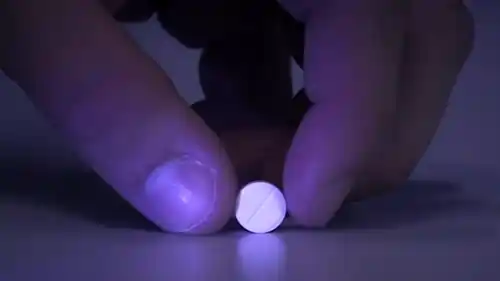Modafinil is a prescription medication primarily used to treat sleep disorders such as:
- Narcolepsy: A condition that causes excessive daytime sleepiness and sudden sleep attacks.
- Obstructive Sleep Apnea (OSA): A disorder where breathing stops and starts during sleep, leading to disrupted rest. Modafinil is used to reduce residual daytime sleepiness in these cases.
- Shift Work Sleep Disorder (SWSD): A condition where people working irregular or night shifts struggle to stay awake during work hours or experience disrupted sleep patterns.
How Modafinil Works
Modafinil is a wakefulness-promoting agent. Its exact mechanism isn’t fully understood, but it is thought to work by altering neurotransmitters in the brain (like dopamine, histamine, and norepinephrine), improving alertness and cognitive function without the intense stimulation caused by traditional stimulants like amphetamines.
Off-Label Uses
Modafinil is sometimes prescribed or used off-label for:
- Enhancing focus and productivity (often termed as a “smart drug” or nootropic).
- Treating ADHD (Attention-Deficit/Hyperactivity Disorder).
- Combating fatigue in conditions like multiple sclerosis or depression.
Key Facts
- Brand Names: Provigil (common brand name), Alertec, Modavigil.
- Dosage: Usually taken as a single oral dose in the morning or before a work shift for SWSD.
- Side Effects: Can include headache, nausea, nervousness, dizziness, and insomnia. Rarely, it may cause serious side effects like allergic reactions or skin rashes.
- Controlled Substance: In some countries, like the U.S., modafinil is classified as a Schedule IV drug due to a low potential for abuse and dependence.
Is Modafinil Right for You?
Modafinil should only be used under the supervision of a healthcare provider. It’s not a cure for sleep disorders, and lifestyle changes (e.g., improved sleep hygiene) are often necessary alongside medication.



Recent Comments